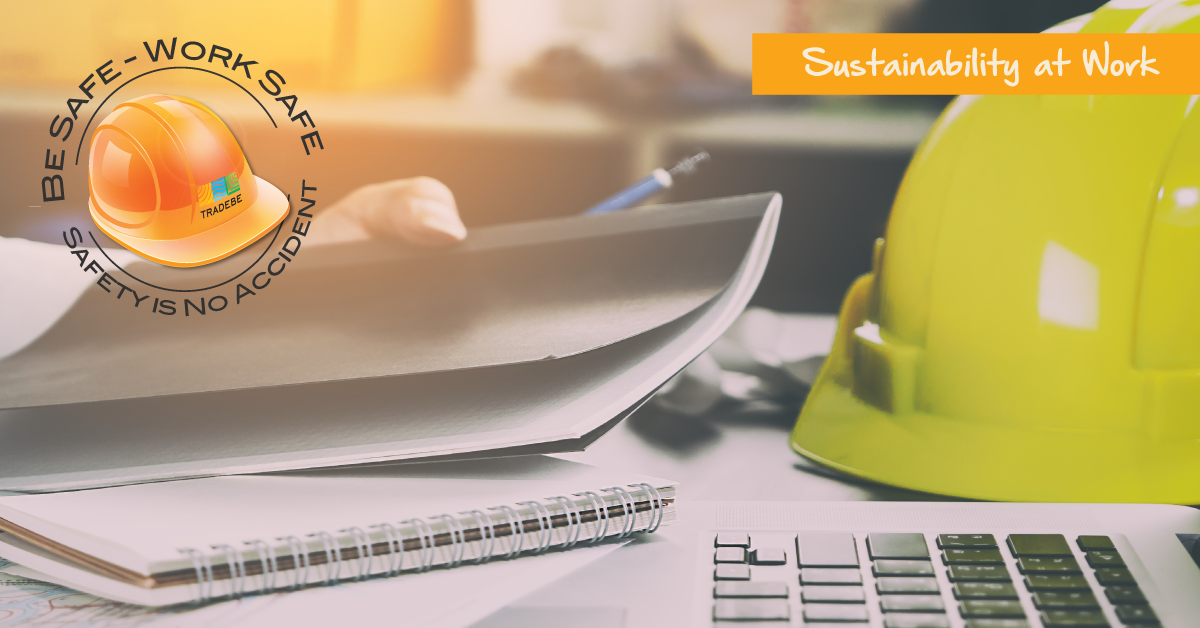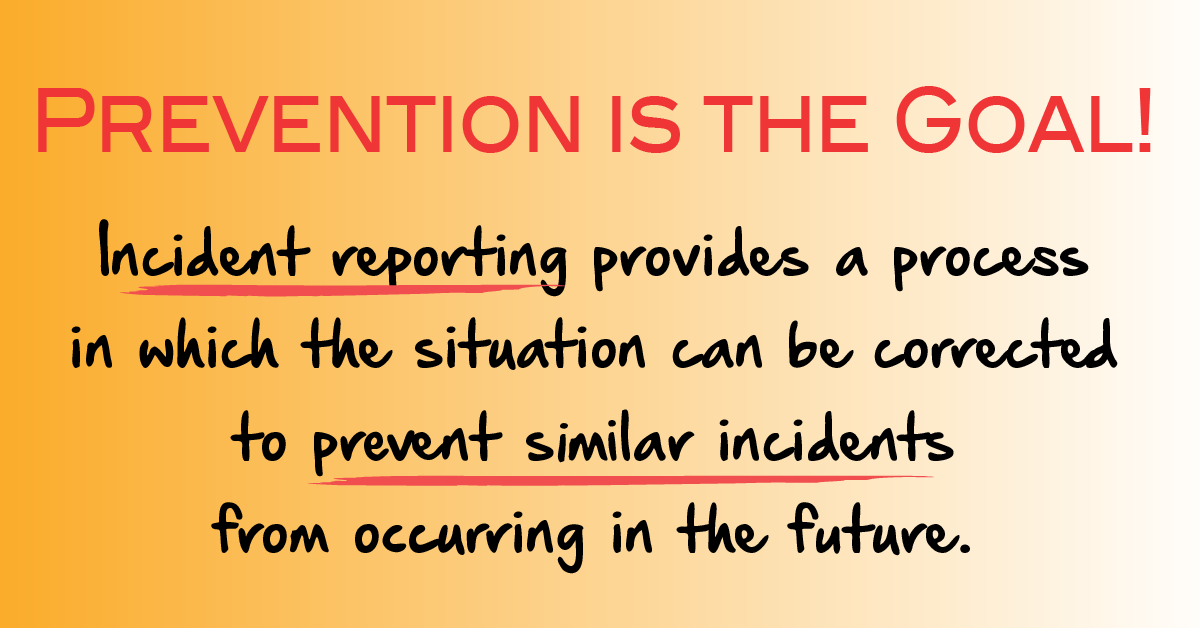
Category
Health & SafetyCreation date
All workplace incidents - including near misses, must be reported, documented, and investigated at Tradebe – our belief is success in near miss reporting and management will result in the overall reduction of frequency and severity of actual incidents.
This includes any situation in which:
• an employee was injured;
• property or equipment damage has occurred;
• an employee is injured has become ill while at work due to a possible reaction of workplace conditions;
• any other person (not an employee) was injured or became ill as a possible result of actions caused by the company or an employee;
• an employee was in a motor vehicle accident while driving for their job;
• an event resulting in spill or release of oil, chemical or hazardous/non-hazardous wastes
• a near miss occurred that could have resulted in injury, death, or property damage.
A near miss, "near hit", "close call", or "nearly a collision" is an unplanned event that has the potential to cause, but does not actually result in human injury, environmental or equipment damage, or an interruption to normal operation. OSHA defines a near miss as an incident in which no property was damaged and no personal injury was sustained, but where, given a slight shift in time or position, damage or injury easily could have occurred. Near misses also may be referred to as close calls, near accidents, accident precursors, injury-free events and, in the case of moving objects, near collisions. A near miss is often an error, with harm prevented by other considerations and circumstances.
Why is incident reporting necessary?
Incident reporting provides a process in which the situation can be corrected to prevent similar incidents from occurring in the future. If management is not aware of what kinds of problems are occurring in the workplace that may cause or have already caused injury or property damage, then it is impossible to create improved processes that will protect the workers. Prompt medical attention may be needed to ensure a minor injury doesn’t become worse, develop into an infection or become life-threatening. When a minor incident or a near miss is ignored (not reported), the workplace is at an even greater risk for an even more serious incident to occur in the future because the hazard or inefficient process was never provided a chance to be corrected. Documenting all incidents allows a company to track patterns, realize trends, and discover anomalies. Often, a correction implemented to solve a safety hazard or prevent an incident can be translated to process and production improvements. With completed incident reports, a company can protect themselves from undue lawsuits. Without a complete record of what actually happened, there is not much that we can provide in defense, if needed. Reporting a near miss or a minor incident is cheaper than dealing with the costs associated with a major injury, equipment failure, fatality or significant property damage. Feedback from incidents that are reported provides a way to encourage employee participation in the workplace safety improvement strategies. Incident reporting is a key habit that creates a stronger safety culture.
When must an incident be reported?
At Tradebe, all incidents, near-misses and injuries must be reported immediately. The incident reporting process will determine the follow-up required, if any. No one should have to make a guess as to whether “their issue or incident” is worthy of an incident report. When in doubt, file an incident report.
 How do employees know about incident reporting?
How do employees know about incident reporting?
All Tradebe team members must be trained on our incident reporting process. This training is included as part of the on-boarding process for every new team member. Throughout the year, hold periodic safety meetings on the hazard, near-miss, and incident reporting processes is always a great idea and will sever to ensure our team members do not let this requirement become passive or forgotten.
What happens after an incident is reported?
After any incident is reported at Tradebe, it will be taken seriously. There will never be any punitive damages associated with any team member filing an incident report. Following the company’s incident reporting process, there will be an interview with the team members and other observers to ensure all the facts have been collected and the nature of the incident is fully understood. The incident reporting follow-up process may include an investigation into the incident, corrective actions implemented immediately and preventive actions implemented as deemed necessary to prevent future incidents of the same nature. Only then will the incident be closed and filed.
At Tradebe, our priorities are safety and the protection of people and the environment. Safety is a common “water cooler” topic here at Tradebe where a culture of Safety is Top Priority. If Safety is important to your business, catch the latest buzz: Subscribe Now…
Resources:
Subscribe to Tradebe Safety Blog, news and more...
https://www.osha.gov/dcsp/products/topics/incidentinvestigation/index.html
https://www.nsc.org/Portals/0/Documents/.../Near-Miss-Reporting-Systems.pdf
“Be Safe - Work Safe. Safety is No Accident!”
Jeremy Paradis, Director of Health & Safety, Tradebe USA
#HealthandSafety #CloseCalls #BeSafeWorkSafe #SafetyisNoAccident
